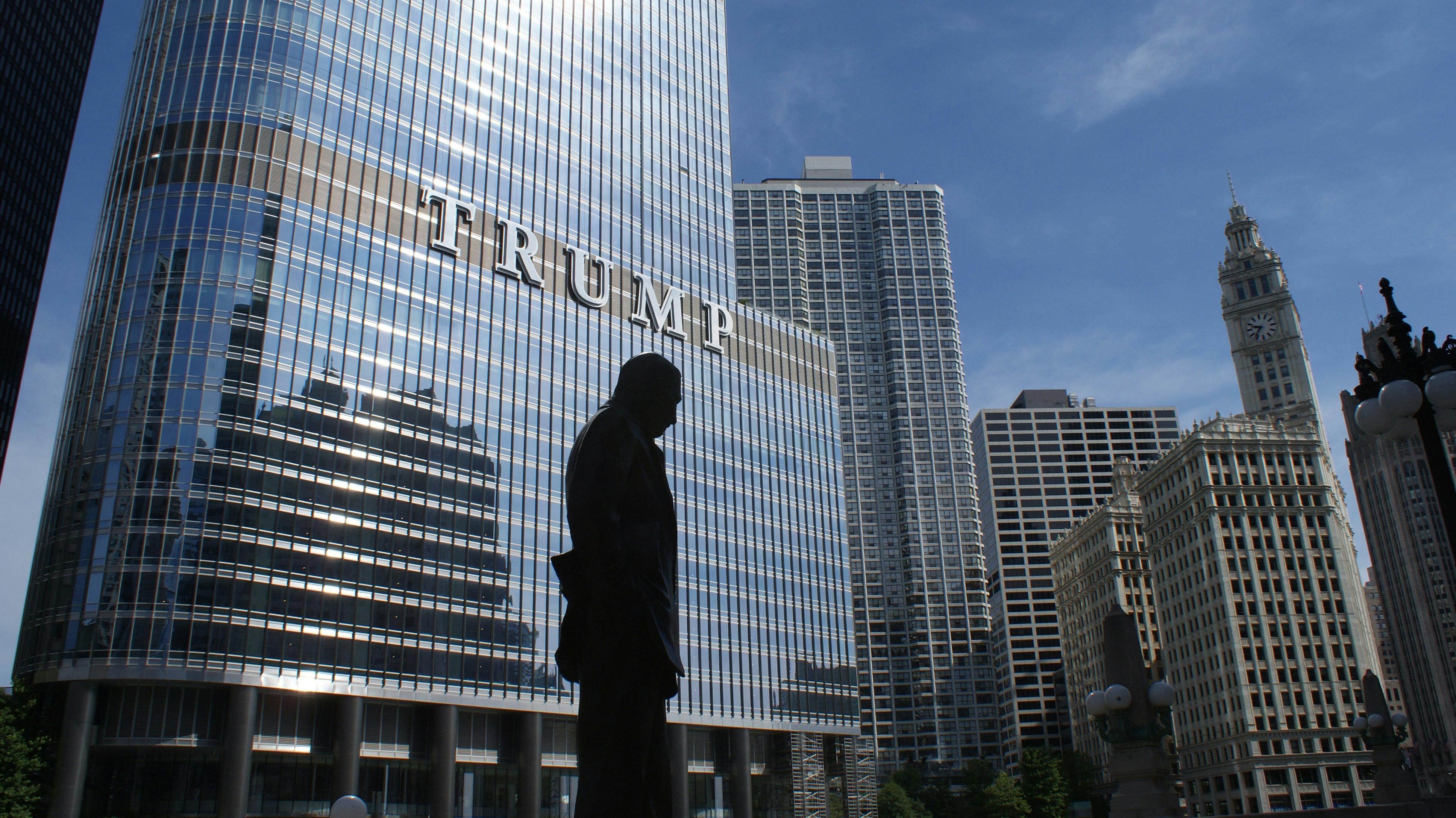With a new administration taking over, commercial real estate investors are watching closely. Policies around taxes, regulations, and the economy have a big influence on the market, and a second Trump term is expected to bring some key changes. Some of these could be good news for investors—like tax breaks and deregulation—while others, like interest rate shifts and trade policies, could present new challenges.
Here’s what to keep in mind as we move forward.
Pro-Business Policies: A Boost for Commercial Real Estate?
If history is any guide, Trump’s administration will focus on cutting taxes and encouraging business growth—something that could benefit real estate investors. One key policy to watch is the potential extension of the 2017 Tax Cuts and Jobs Act, which previously lowered corporate taxes and offered incentives for business expansion.
For commercial real estate, this could mean:
- Lower corporate taxes, leading to more demand for office, retail, and industrial spaces.
- Potential changes to 1031 exchanges and capital gains taxes, which could impact how investors buy, sell, and reinvest in properties.
If tax breaks stay in place, investors might see more cash flow and better returns.
Interest Rates & Inflation: A Double-Edged Sword
One of Trump’s biggest criticisms of the Federal Reserve has been high interest rates—and he’s likely to push for cuts. If rates go down, borrowing money gets cheaper, making it easier to finance new deals.
But there’s a catch. If the economy grows too quickly, the Fed may still keep rates high to control inflation. That means investors should stay flexible and be ready for different scenarios.
What to expect?
- Lower rates → Cheaper financing, easier access to capital.
- Higher rates → Increased borrowing costs but possibly higher property values.
Interest Rates & Inflation: A Double-Edged Sword
One of Trump’s biggest criticisms of the Federal Reserve has been high interest rates—and he’s likely to push for cuts. If rates go down, borrowing money gets cheaper, making it easier to finance new deals.
But there’s a catch. If the economy grows too quickly, the Fed may still keep rates high to control inflation. That means investors should stay flexible and be ready for different scenarios.
What to expect?
- Lower rates could mean cheaper financing and easier access to capital.
- Higher rates could lead to increased borrowing costs but possibly higher property values.
Deregulation & Development: Faster, Easier Projects?
Trump has always been a proponent of cutting regulations, which could make it easier for developers to get projects off the ground. Possible changes include:
- Loosening environmental restrictions, leading to more commercial development.
- Easing zoning and building permit regulations, potentially speeding up office-to-residential conversions.
For developers and investors, this could mean quicker approvals, fewer hurdles, and lower costs.
Trade & Supply Chains: A Win for Industrial Real Estate?
Trump has been vocal about bringing manufacturing jobs back to the U.S., and if he follows through, we could see increased demand for:
- Warehouses, factories, and industrial spaces as businesses shift production back home.
- Retail and distribution centers, especially if new trade policies impact imports.
However, there’s a downside. Tariffs on imported materials could drive up construction costs, which might make new developments more expensive. Investors should keep an eye on this balance.
Labor & Immigration: A Tight Job Market?
Stricter immigration policies could lead to workforce shortages, especially in industries like:
- Construction, which could drive up wages and delay projects.
- Retail and hospitality, which rely on steady labor pools to operate efficiently.
For real estate investors, this could mean increased costs—but also a growing need for workforce housing in key areas.
Final Thoughts: Play the Long Game
At the end of the day, real estate is a long-term game. Presidents come and go, and while policies can shape the market, they don’t define it. The best investors don’t just react to political shifts—they stay informed, plan ahead, and make moves based on long-term value.
If Trump’s second term brings tax breaks, deregulation, and economic growth, commercial real estate could see a strong market ahead. But with interest rates, inflation, and labor shortages also in play, it’s important to stay agile and ready to adapt.
Thinking about making a move? Now’s the time to stay ahead of the curve—so when the right opportunity comes along, you’re ready.




